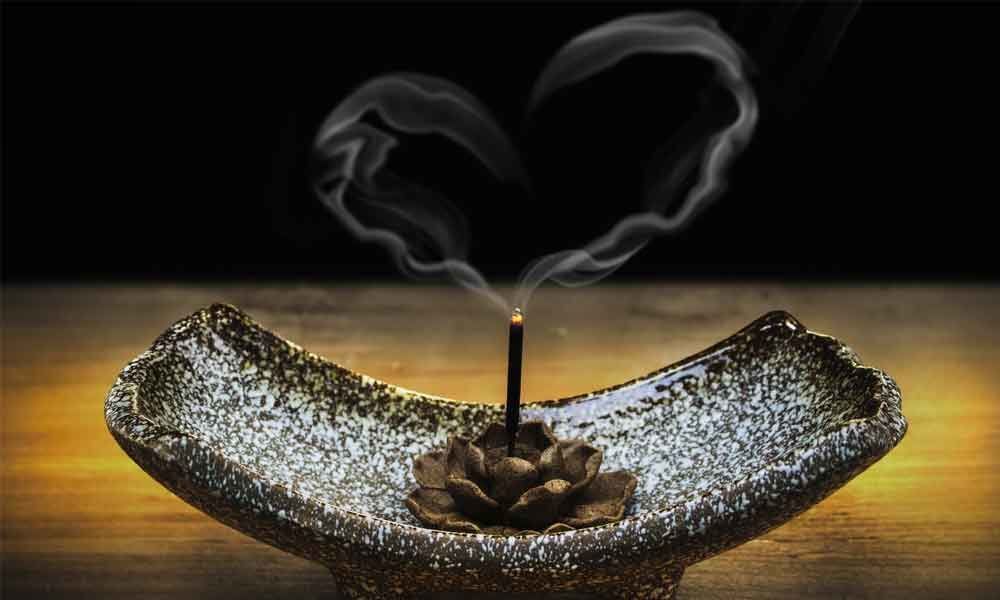Love is nothing but connection of souls

When asked what is love, stories of break-ups and disagreements start to flow.
When asked what is love, stories of break-ups and disagreements start to flow.
Society has completely reduced the concept of love, to two human beings getting married and spending the rest of their lives together; putting up with each other's faults, caring for one another in time of sickness and holding onto their partners until the day they die.
Love is not merely a story of two people who are affectionate enough to marry each other as they make a commitment to never leave each other's side, for better or for worse.
To define love with the constraints of mere words is to explain the beauty of sunrise to a blind person. One cannot simply express the feeling of love in words, especially to someone who has never ever experienced love on their own terms.
Love cannot be restricted to a feeling for other humans; to love is to unconditionally devote oneself to something, just like a mother devotes herself to her children, a workaholic to their work, an artist to their muse and a devotee devotes themselves to God.
Meera, also known as Meera Bai, was a 16th-century Hindu mystic poet and devotee of Krishna.
Most legends about Meera mention her fearless disregard for social and family conventions, her devotion to Lord Krishna, her treating Krishna as her husband, and she being persecuted by her in-laws for her religious devotion.
It doesn't matter whom or what you love, it is about how passionately you love; all that matters is that you give your best and expect nothing in return without any conditions or complications.
This might sound farfetched or too scented to be true, but it is real. Love is beyond the concept of two bodies; it is the connection of souls.
A soul mate may come in the form of a friend, a pet, a parent, a teacher or even nature.
To love something as extraordinary as nature, synonymous with God, cherishing its ever-changing aspects and all its seasons is the truest form of love, for your love for no specific reason.
Finding beauty in the browning of leaves and flowing water is true love, for nature, as it is for people. What one should never forget is to love unconditionally accepting others' flaws because love has no boundaries and it never will; it does not teach you to change your loved one.
An apple tree asks for nothing in return, it simply gives away its fruits. One cannot be picky in love; to truly love is to love all that is good in a person as well as their weaknesses.
No one is perfect; you cannot expect them to be. The same apple tree can never bear oranges and expecting it to be is simply foolish.
Love is beyond the borders of one's imagination. It is above all judgment; it does not make anyone expect, but simply accepts any and everything about the one they love.
It is a one-way street, flowing out of you; always giving and never expecting anything back the same way. That is why when a sinner confesses to God, he does it out of pure and honest faith, not fear. God needn't be feared, only loved.
When you truly love, you must also learn to let go, just like you would let go off a bird, which loves the sky first.
You may have tended to its broken wing and treated it like your own child while it was injured, but when the time comes for it to be set free, one must do so selflessly.
— Dr Archika Didi









